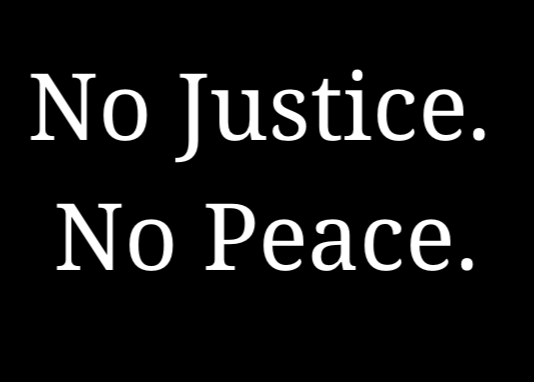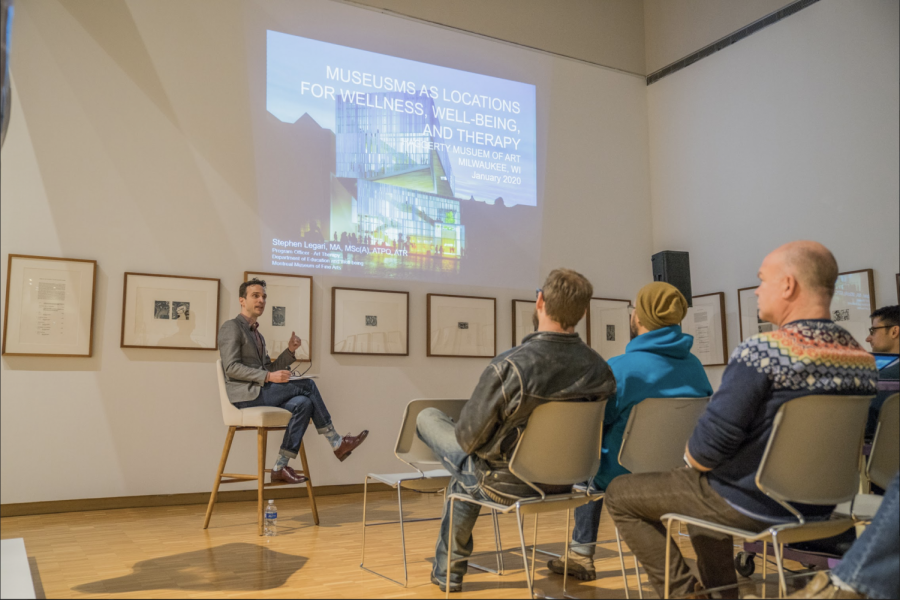The typical second semester for a freshman journalism major in the College of Communication, according to the online bulletin published by the college, includes an introductory philosophy class.
I chose not to follow this bulletin, and instead am taking the first of two required philosophy courses as a second-semester junior. The reasoning behind this decision, simply, was that I just didn’t want to take the class.
With regards to philosophy, I just don’t care. Whether an objective truth of life or path to human fulfillment exists has no bearing on my psyche. I would get the same night’s sleep if Aristotle were right as I would if Descartes had all the answers.
It feels unnatural, though, that I could be so apathetic. Me: loudmouth, angry, self-righteous … apathetic? It feels so unnatural, in fact, that I have spent these first few weeks of class trying to understand this personal phenomenon. What I came up with is that apathy may be the wrong word.
Why does a lack of an opinion equate to not wanting one? If I understood philosophy or theology or metaphysics, I might be able to ascribe it all personal meaning. But I don’t want to make a claim about or assign value to something I don’t fully comprehend. And frankly, I wish more people shared my hesitance.
My generation especially, but others too, are often criticized as being apathetic, but I think the apathy exists more as a shield than as a genuine worldview.
We don’t need to overcome indifference, we need to overcome ignorance. Decorum forces us to muster half-baked convictions that often come out as rash, hurried and underdeveloped. So much so, that people get turned off to hearing what other people think at all.
In my family, political conversations are heated and brief and shut down before given the opportunity to temper. Somebody offers a reluctant, “Let’s just agree to disagree,” and the conversation is over.
But agreeing to disagree is dodgy and ineffective. Nobody’s mind is changed and nobody’s points are considered. My dad often tells me that we’re all entitled to our own opinions. I’m not in a position to refute that, and mostly I agree with him.
If we start taking away people’s ability to have an audience for their opinions, like, for example, the controversy with the Ben Shapiro event being hosted at Marquette this week, then how can compromise or the exchange of ideas ever happen? Especially when those opinions are dissenting misinformation.
But not all opinions are created equal, and some are more reasoned than others and should be given heed accordingly.
I once read something that suggested we’re not actually entitled to our own opinions, but instead only to what we can argue for.
If we had more reasoned things to say, then maybe more people would listen. It is clear there are ideological divisions between demographic groups across the country, but I don’t believe people are so wholly irrational to excuse themselves from having a dialogue with someone they disagree with.
Perhaps people are just sick of hearing arguments they can’t rationalize for themselves. Opinion doesn’t need to be an expletive, and debate and discourse should be encouraged.
Whether enough discourse exists for me to gain an understanding of philosophy is yet to be seen, but I can at least be open to the experience.









